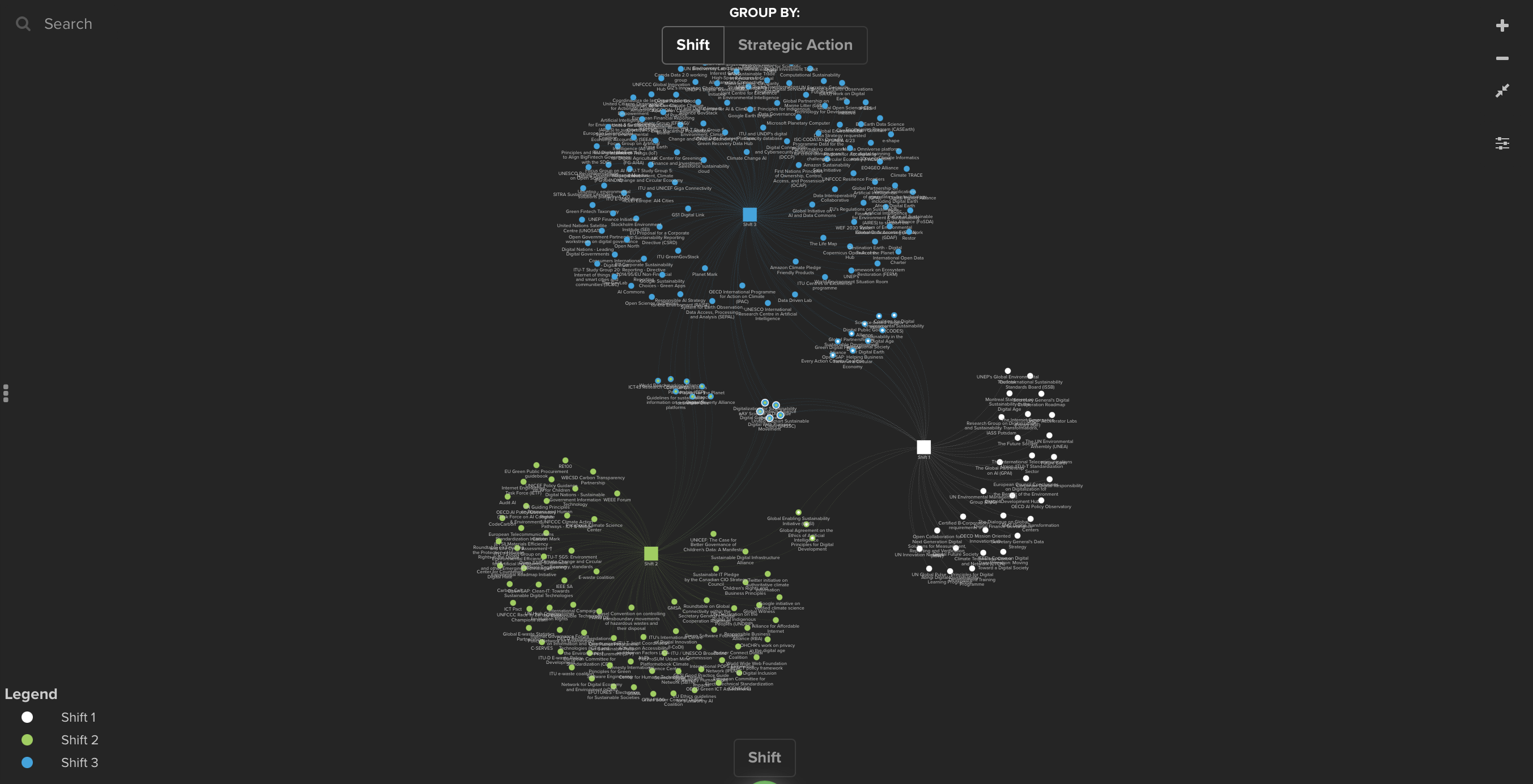The Origin of CODES
The Coalition for Digital Environmental Sustainability (CODES) is an international multi-stakeholder alliance created in March 2021 in response to the UN Secretary General’s Roadmap for Digital Cooperation. The aim of CODES is to steer the use of digital technologies toward accelerating environmentally and socially sustainable development. CODES is striving to reorient and prioritize the application of digital technologies to meet the 2030 sustainable development agenda and to achieve the multiple global environmental goals that have been adopted as the outcomes of multilateral processes and years of consensus building across all UN Member States.
Presently, there are over 1000 stakeholders involved in CODES, ranging from governments, civil society, academia and the private sector. CODES is being co-championed by UNEP, the United Nations Development Programme (UNDP), the International Science Council, Future Earth, the German Environment Agency, and the Kenyan Environment Ministry. The CODES process is conducted in close collaboration with the Office of the UN Secretary General’s Envoy on Technology within the framework of the Digital Cooperation Roadmap.
The Action Plan for a Sustainable Planet in the Digital Age
The first mission of CODES is to co-develop an Action Plan for a Sustainable Planet in the Digital Age. The aim of the Action Plan is to identify the key shifts and strategic priorities needed to harness digital technologies to accelerate environmentally and socially sustainable development. The co-design process has been based on a wide stakeholder engagement process involving multiple touchpoints:
- 27 April: 2021 Debate of the UN General Assembly on Digital Cooperation and Connectivity
- 7 May 2021: First CODES Roundtable to generate feedback for the Action Plan
- 7-21 May 2021: Online consultation and feedback process
- 30 June to 1 July 2021: CODES Conference
- 1-13 February 2022: Online consultation and feedback process
- 7 February 2022: Second CODES Roundtable to generate feedback for the Action Plan
- 2 March 2022: Side event at the UN Environment Assembly
- 2-31 March 2022: Online consultation and feedback process
CODES is now aiming to launch the Action Plan for a Sustainable Planet in the Digital Age at the Stockholm +50 conference from 2-3 June 2022.
Feedback on the Draft Action Plan
The current draft of the Action Plan was published at the UN Environmental Assembly side event on 2 March 2022. It is available as a PDF from the link below. A video recording of the side event is available here. The current feedback process is open from 2-31 March 2022 to all stakeholders. Feedback on the draft Action Plan can be sent to [email protected].
Stakeholder mapping
As part of the development of the Action Plan, CODES undertook a stakeholder mapping exercise to determine which organizations are already working on the three shifts and associated 18 strategic priorities. The results of the mapping are available as a Supplemental Inventory of Initiatives as well as within the Kumu platform and as an Airtable. Contact [email protected] to contribute your initiative to the stakeholder map.


Thanks Richard for all of your support and all of the feedback you provided to the Action Plan....Appreciate all of the promotion you are also doing.